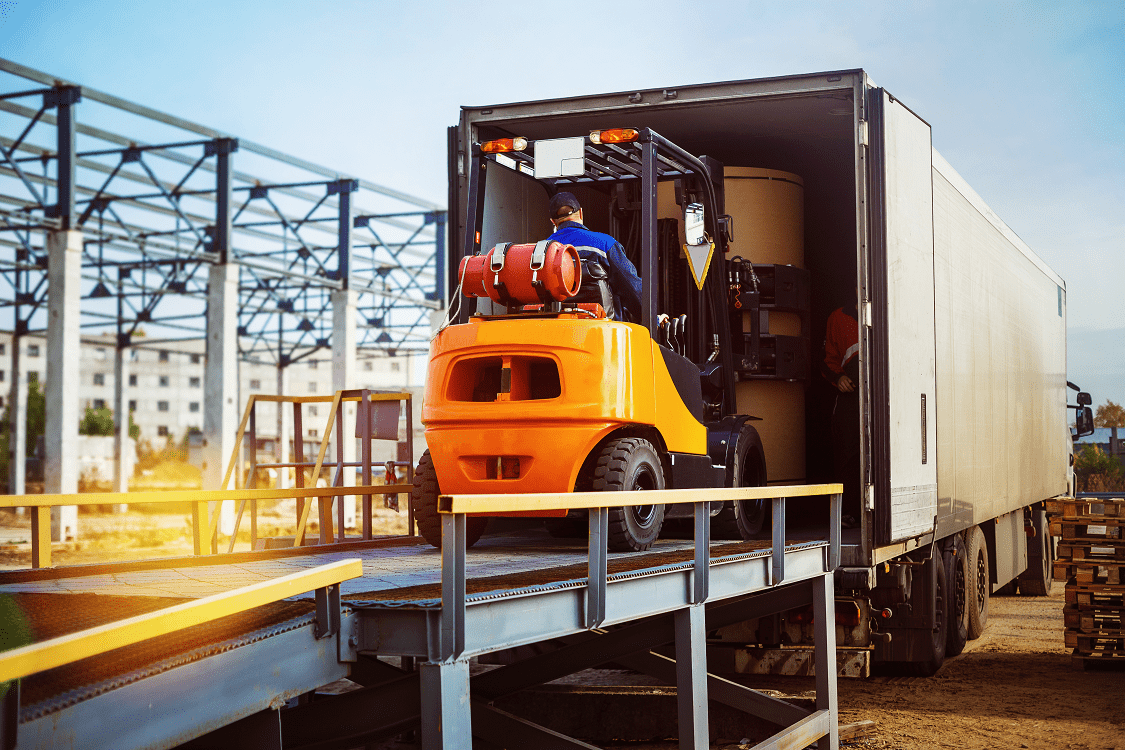
One of the most basic risks a motor carrier accepts on a daily basis is the responsibility to protect the commodities they haul from pickup to delivery under a bill of lading or shipping receipt.
To help mitigate this risk, motor carriers purchase Cargo Liability insurance.
What is Cargo Liability?
Cargo liability is purchased to cover any direct physical damage to these commodities. It’s one of the first coverage items a prospective shipper/broker wants to verify before offering a load to a motor carrier.
Shippers want to know that their products are covered for the full value of the load, and they are rightly concerned about the limit of the cargo coverage a motor carrier carries. However, cargo coverage forms vary widely among insurance carriers. Additionally, the cargo coverage can be more notable for what is NOT covered rather than what is covered.
Cargo Liability Coverage Forms
In simple terms, cargo liability is written in various forms. Arguably, the best of which is Broad Form. Broad Form provides coverage for all means of direct and accidental physical damage to the cargo, subject to the policy exclusions.
Other forms such as limited/specified perils form or a legal liability form limit the type of losses that are covered by listing the specific types of losses that are covered by the policy; thus, limiting the coverage being provided.
How to Secure Adequate Cargo Coverage
Due to the wide range of forms and exclusions, purchasing adequate and appropriate cargo coverage can be a challenge. So, what do you need to look for in a good cargo policy and what questions do you need to ask?
Talk to your agent and ask them what type of coverage you have. Is it a broad form coverage, or is it some other form that is limited in its scope of coverage? Does it cover earned freight? Does it include reefer breakdown? Is there a coinsurance penalty? What are the limitations or exclusions in the policy?
As they say, the devil is in the details. You need to read through the exclusions and see what losses the policy is specifically excluding so you aren’t surprised at the time of a loss.
Make sure you’re working with an experienced commercial truck insurance agent. Your agent should not only know your business, but also the coverage forms you need in order to provide the broadest coverage available at the time of a loss.
To learn more about Truck Writers’ insurance offerings, please contact an agent today!
Jeff Sinn, Agent – Welcome, MN office
Jeff has been with Truck Writers for over 25 years, meaning he has provided insurance solutions for the trucking industry and only the trucking industry for over a quarter of a century.
“I’ve learned that although the trucking industry was deregulated in the early 80’s, it is a highly regulated industry with complex issues that touch every aspect of our clients’ businesses. Just providing insurance coverage to this industry doesn’t provide the justice it deserves. An agent needs to not only understand the trucking industry, but also the multitude of state & federal regulations that govern it.”
